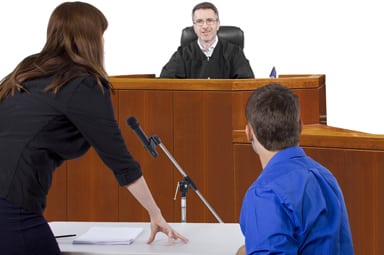
However, one matter of concern is that many lawyers often fail to maintain professionalism and proper conduct when they take and defend depositions. Courts now impose sanctions for deposition misconduct. Recently, the Supreme Court of Minnesota imposed a 60-day suspension from the practice of law and a two-year supervised probation on an attorney who asked a deponent what it deemed an ‘inappropriate question’. This brings us to some useful tips to avoid improper deposition conduct.
How Attorneys Should Act in a Deposition
- The deposition should be treated as a court proceeding. Lawyers need to avoid repetitive or argumentative questions intended to harass the deponent. They should speak and conduct themselves as if the judge is in the room. After all, when the deposition transcript is read, it will be as if they are.
- Lawyers should follow scheduling rules. The limitations of opposing counsel and the deponent should be taken into account while scheduling the deposition, based on the requirements in the litigation.
- A lawyer should respect any translation or other special requirements that a particular deponent may have.
- The deposition should be delayed only to address genuine scheduling conflicts.
- Questions about a deponent’s personal affairs or matters that are irrelevant to the subject in question should be avoided.
- Repetitive or argumentative questions should be avoided as also those intended to harass the deponent.
- Objections should be limited to those that have proper grounds.
- The deponent should not be instructed to refuse to answer a legitimate question.
- The lawyer should not coach the deponent or suggest answers, once a question is asked.
The best way for attorneys to maintain proper conduct during a deposition is to refrain from any behavior that would not be allowed in the presence of a judge. They should take note of the standing orders that judges and courts often issue on proper deposition conduct.
Depositions are usually conducted in the attorney’s office is and the process must be recorded and transcribed. Accurate deposition transcription is critical because it allows attorneys to identify and highlight any inconsistency between the testimony given at the deposition and at the trial or the discrepancy between the emerging evidence and the testimony.



